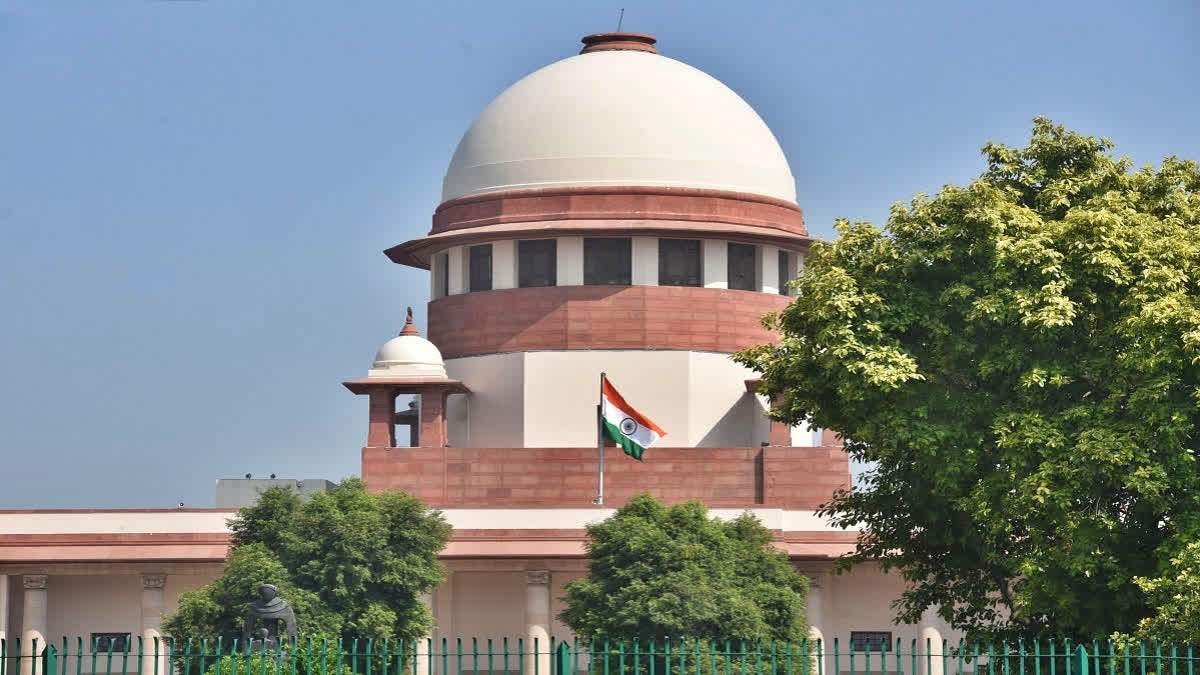New Delhi: The Supreme Court on Thursday ruled by majority that sub-classification within the scheduled caste and scheduled tribes is permissible, overruling the 2004 judgment in EV Chinnaiah case that held it was not permissible as SC, ST form homogenous classes.
CJI D Y Chandrachud, pronouncing the judgment on behalf of the bench, said they have overruled the Chinnaiah judgement, which had held that any ‘sub-classification’ of the Scheduled Castes would violate Article 14 (right to equality) of the Constitution.
The CJI said the sub-classification does not violate Article 14, because the subclasses are not excluded from the list. The apex court by 6:1 majority said: “we have held that the sub-classification of the Scheduled Caste for the purpose of reservation is permissible”.
“The members of the SCs and STs are often unable to climb up the ladder because of the stigma of incompetence of candidates selected through reservation”, said the bench.
The CJI said: “Article 14 of the Constitution permits sub-classification of a class…the court, while testing the validity of sub-classification, must determine whether the class is homogenous and an integrated class for fulfilling the object of sub classification. A class which is not integrated for the purpose can be further classified upon fulfilment of two-pronged intelligible differentia standard….”
The bench led by CJI and comprising justices BR Gavai, Vikram Nath, Bela M Trivedi, Pankaj Mithal, Manoj Misra and Satish Chandra Mishra, delivered the judgment on close to two dozen petitions, led by the Punjab Government against the 2010 verdict of the Punjab and Haryana High Court. Justice Trivedi has dissented.
Justice Gavai said it is the duty of state to give preferential treatment to the backward communities and only few people within the category of SC/ST are enjoying the reservations. He said that putting children of those SCs belonging to creamy lawyers similarly to children of a manual scavenger in a village would be unfair.
He proposed that states must undertake an exercise to identify the creamy layer among SCs and STs to exclude them from the benefits of reservation. Presently, the creamy layer criteria for exclusion from quota is applicable only to OBCs. The apex court said there is nothing in Articles 15 and 16, which prevents the state to sub-class a caste.
The high court had struck down Section 4(5) of the Punjab law, which gave 50% quota to ‘Valmikis’ and ‘Mazhabi Sikhs’, as unconstitutional on grounds, including that the provision violated a five-judge constitution bench judgment of 2004 of the Supreme Court in the case of EV Chinnaiah vs. State of Andhra Pradesh.
The detailed judgment in the matter will be uploaded later in the day.



